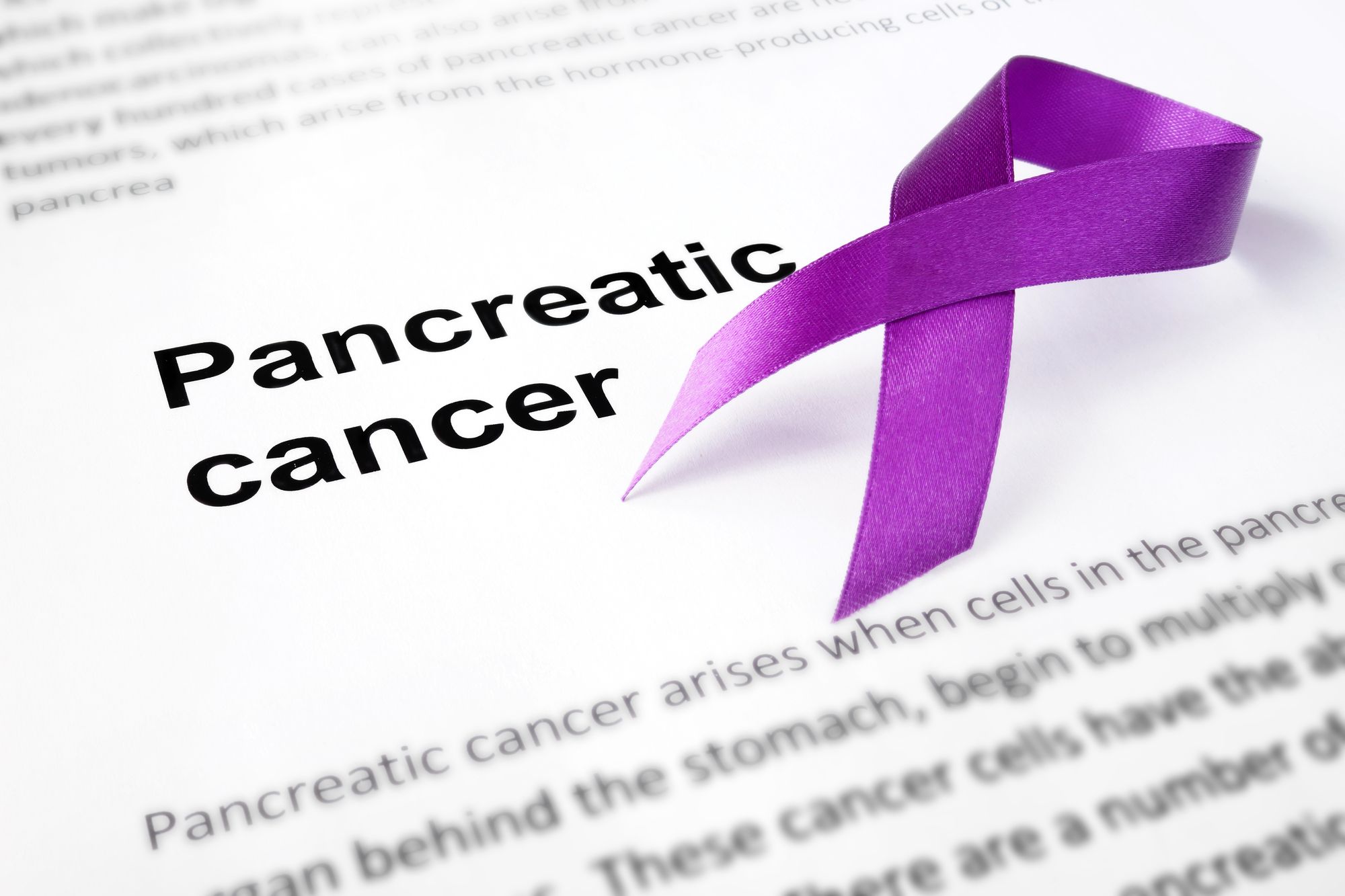Pancreatic Cancer: Research, Clinical Trials, and Treatment
Roswell Park is at the forefront in this effort
Adapted from the Roswell Park Cancer Talk Blog
Sadly, we recently lost Jeopardy television host Alex Trebek due to pancreatic cancer. Pancreatic cancer is a challenging disease to treat. Survival rates are poor and few cases are diagnosed early. Even when diagnosed early, pancreatic cancer is resistant to standard treatments like chemotherapy and radiation, making pancreatic cancer research a worldwide priority.
“We should always have hope,” says Christos Fountzilas, MD, FACP, Department of Medical Oncology at Roswell Park Comprehensive Cancer Center (Roswell). “Every person is different and every story is different, but we have treatments today that we did not have yesterday.”
Researchers are seeking new ways to make pancreatic cancer more sensitive to existing treatments. For instance, two new agents that target cancer cells’ own metabolism can starve tumors of essential nutrients to keep them from growing and spreading, are in the final stages of national clinical trials, including at Roswell.
Another approach involves harming cancer cells by disrupting their microenvironment. It’s like a stubborn weed in your lawn that grows back even after you pull it out or try killing it with weed killer. One way to prevent the weed from growing is changing the soil to prevent the weed from getting the nutrients it needs to grow. Roswell recently completed a clinical trial of a monoclonal antibody that targets the environment in which the pancreatic cancer lives to prevent it from growing and allow the chemotherapy drugs to work better.
Researchers are also looking to improve how pancreatic cancer cells respond to chemotherapy by changing how the treatment is delivered using nanotechnology. Nanotechnology in medicine involves building a system that contains a drug and controls how it is secreted in the body. Using this method, scientists developed a way to encapsulate the cancer drug irinotecan into a tiny vessel to keep it circulating in the body longer. Clinical trials using this method will soon be available at Roswell.
Using the immune system to fight cancer has shown remarkable promise against many cancers, but until recently, was not believed to be effective against pancreatic cancer. However, Leonid Cherkassy, MD, Department of Surgical Oncology says, “Scientists have discovered that long-term pancreatic cancer survivors have an activated immune system that specifically targets pancreatic cancer mutations called neoantigens.” This discovery provides new avenues for further research and treatments. Roswell researchers have been at the forefront in immunotherapy approaches and are currently developing new gene-engineered T-cell therapies targeting pancreatic cancer. They are also looking at ways to make pancreatic tumors vulnerable to standard immunotherapy drugs and are planning a clinical trial to evaluate this approach in patients prior to surgery.
Pancreatic cancer is a hard-to-treat disease and requires a coordinated effort, driven by research, to give hope to more patients through these new promising approaches — targeting cancer cells with new optimized chemotherapy drugs, disrupting the environment in which these cells live, and reprograming the tumor so the immune system can eliminate it. Dr. Fountzilas says, “Patients with pancreatic cancer should consider participation in clinical trials from the very beginning of their diagnosis.”
To learn more or to make an appointment at Roswell, visit www.roswellpark.org or call 1-800-ROSWELL (1-800-767-9355). See Roswell’s Cancer Talk Blog at www.roswellpark.org/cancertalk.












